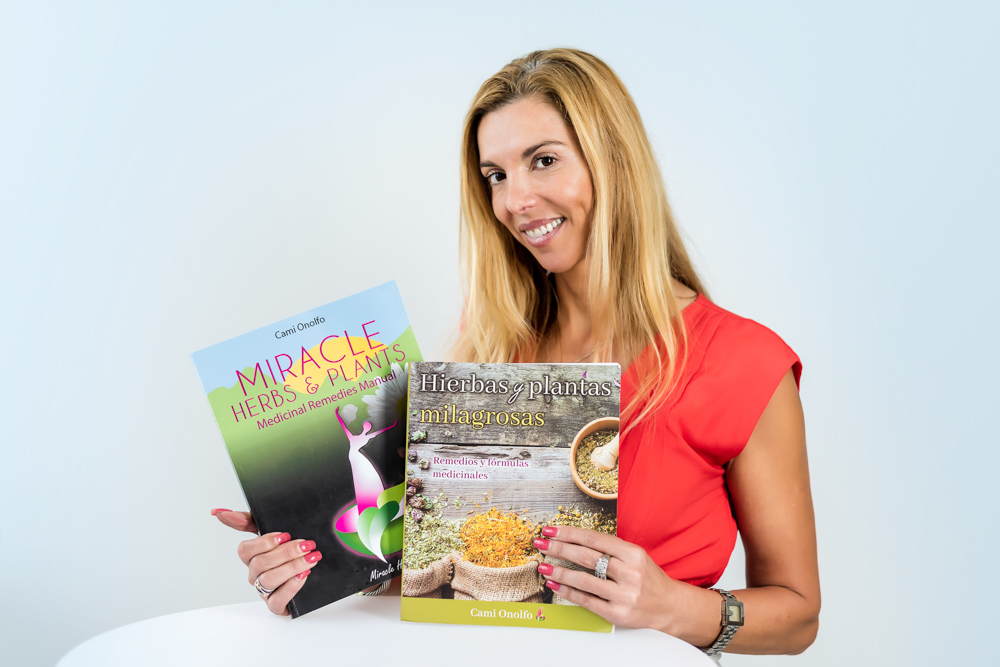
IBS Symptoms and natural remedies
- Cami Onolfo

- Mar 30, 2024
- 3 min read
Updated: Apr 5, 2024
IBS Symptoms and Natural Remedies
Irritable bowel syndrome (IBS), is the most common digestive disorder. It affects women more than men. IBS also used to be known as intestinal neurosis, spastic colitis, mucus colitis or spastic colon.
IBS is one of a range of conditions known as functional gastrointestinal disorder. This disorder affects the way nerves and the muscles are working, and it doesn't show on tests. Those affected complain of pain and discomfort.
In the IBS, the normally rhythmic muscular contraction of the digestive tract become irregular and uncoordinated and this interfere with the normal movement of food and waste material, which leads to accumulation of mucus and toxins in the intestines.
This accumulation material forms a partial obstruction in the digestive tract, trapping gas and stools, which causes bloating and constipation.
IBS affects the whole entire gastrointestinal tract from the mouth to the colon. In tests doesn't show physical signs of disease in bowel tissue, and the cause is unknown. In theory the irregularities in the intestinal hormones are responsible for bowel motility, cholecystokinin (CCK), Vasoactive Intestinal Peptide (VIP), and motilin are responsible for this disorder.
Those suffering from IBS, experience abnormal contractions of the smooth muscle of the digestive tract. Lifestyle elements, such as food allergies, poor diet, stress, the overuse of antacids, antibiotics and laxatives which disturb the natural bacterial microflora of the bowels are common factors of this disease.
Symptoms of IBS
Most common symptoms of this disorder are diarrhea, bloating, abdominal pain, anorexia, constipation, flatulence, mucus in the stools, intolerance to certain foods, and nausea. A sense of pain is triggered by eating and can be relieved by a bowel movement. These pain causes severe headaches, nausea, vomiting and diarrhea.
Those suffering of IBS might dread eating, therefore malnutrition may result, also the nutrients are not properly absorbed in the body. This individuals require as much as 30% more protein, also an increase intake of vitamins and minerals.
There are over 100 diseases which can be linked to IBS, including candidiasis, diabetes mellitus, colon cancer, gallbladder disease, pancreatic insufficiency,
malabsorption, ulcers, parasitic infections amebiasis and giardiasis, peripheral arthritis which affect the ankles, wrists and knees and in some cases even the spine can be affected. Also in some cases those suffering from IBS may experience abnormalities in the levels of liver enzymes in their blood.
Diagnosis of IBS
To properly diagnose IBS, one must rule out disorders that can cause similar symptoms such as benign tumors, colon cancer, celiac disease, depression, Crohn's disease, endometriosis, diverticulitis, fecal impaction, infections diarrhea, ischemic or ulcerative colitis, food poisoning, lactose intolerance just to name a few.
There are several procedures to do this: colonoscopy, rectal biopsy, barium enema, stool examination, and moidoscopy.
Irritable bowel syndrome is painful , but not serious, those affected can lead an active lifestyle, with a change in diet, regular exercise and take the right nutrients.
Natural remedies and nutrients
When suffering of IBS treat your liver as well as you treat your digestive tract.
Most beneficial herbs are milk thistle, licorice root, red clover, burdock.
Do not use licorice during pregnancy or if nursing, or if suffering from diabetes, heart disease, glaucoma, stroke or high blood pressure.
Alfalfa great to rebuild the intestinal flora, Aloe Vera, heals the digestive tract.
Peppermint relieves upset stomach, Skullcap regulates intestinal muscle function.
For more on this go to www.miracleherbalclinics.com to request a holistic consultation.
Eat a high fiber diet, including vegetables, legumes and whole grains such as brown rice. Psyllium powder regulates bowel movement, use daily.
Use a good digestive enzyme. Digestive enzymes help break down different types of food for a better digestion.
Avoid animal fats, butter, carbonated beverages, coffee, fried food, diary products, alcohol, tabaco, spicy foods, sugar, chewing gum, processed foods, orange and grapefruit juices.
Also avoid gas producing foods such as beans, cabbage, and broccoli.
To relieve occasional bloating and gas use charachol tablets. Do not use daily and do not take it at the same time with other supplements.
Conclusion
For a healthier gut, keep a healthier lifestyle.
A positive attitude, 30 minutes daily exercise, meditation, a holistic diet and try seeing te good in any situation.
Your Health Coach, Holistic Healthy Nutritionist and Spiritual Energy Healer
Cami Onolfo ❤️🙏🏻








Comments